What is Embezzlement and How to Prevent It?
Understanding the legal implications of embezzlement is crucial for any business. Under English law, embezzlement is considered a criminal offense, and those found guilty of this crime can face severe penalties, including imprisonment and hefty fines. The impact of such a crime extends beyond the immediate financial loss; it can also damage a company’s reputation and erode the trust of clients and stakeholders.
What is Embezzlement?
What Are the Common Methods of Embezzlement?
Embezzlement can take many forms, and understanding the common methods used by perpetrators is crucial for businesses to protect their assets.
Here are some of the most prevalent techniques:
What Are the Signs of Embezzlement?
Preventing embezzlement is crucial for safeguarding a company’s financial health and assets.
Here are some effective strategies:
What to Do If You Suspect Embezzlement?
If you suspect that embezzlement is occurring, it is crucial to take immediate and appropriate actions to protect your company’s property and financial health.
f you suspect embezzlement, it is crucial to act swiftly and follow the appropriate legal and financial procedures to protect your company’s assets and funds. Consulting with legal experts and conducting thorough investigations are essential to addressing the issue effectively. Implementing strong internal controls and fostering a culture of transparency can help safeguard your company against future incidents of financial fraud. Remember, vigilance and prompt action are key to maintaining the integrity and financial stability of your organization.






